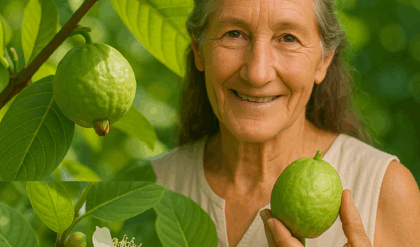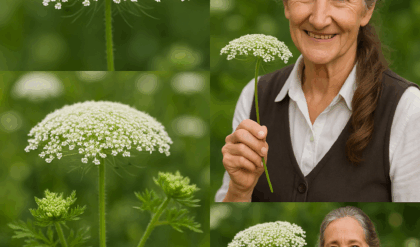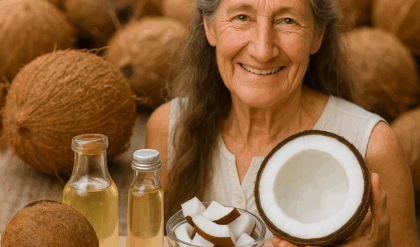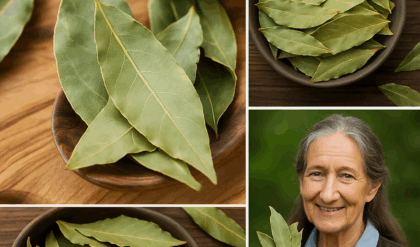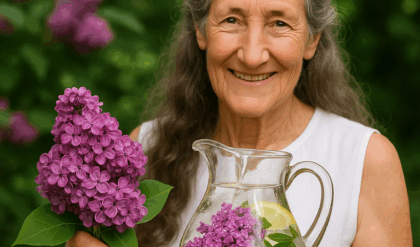Dandelion, often seen as a pesky weed, is actually a versatile and eco-friendly plant with numerous medicinal and culinary benefits. While many people spend time and effort removing these plants from their yards, dandelions hold hidden therapeutic potential and are an excellent resource for both humans and wildlife. By allowing dandelions to thrive, we can help nourish the bees and other beneficial insects that rely on them, and in turn, incorporate them into a range of healthful products such as salves, syrups, oils, and teas.
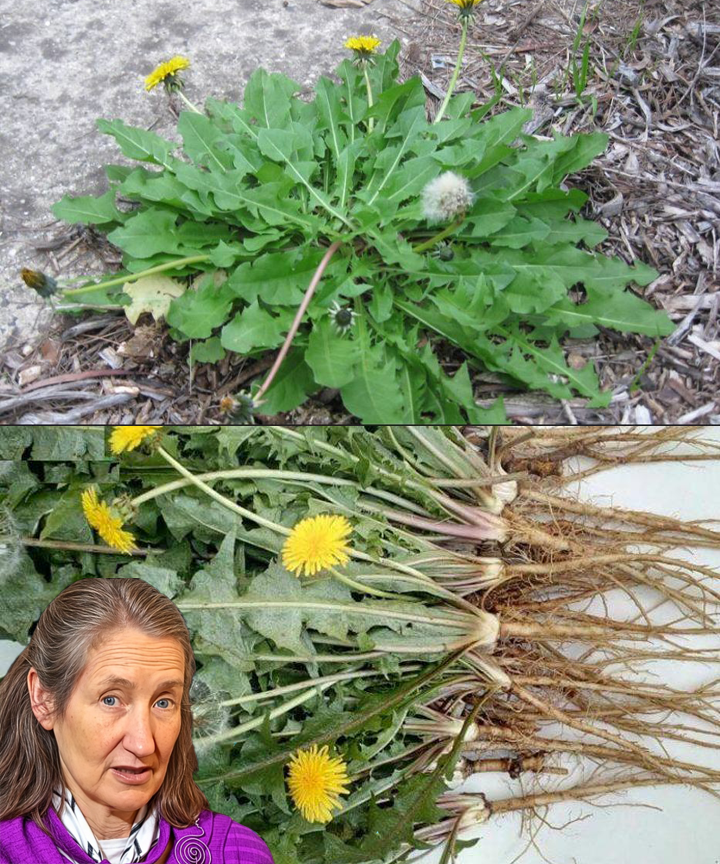
What is Dandelion?
The dandelion, scientifically known as Taraxacum officinale, belongs to the daisy family (Asteraceae), which includes other well-known plants like chamomile, chicory, and artichokes. Known by many names, such as bitterwort, blow-ball, and lion’s tooth, the dandelion is a perennial herb that is highly resilient, thriving in various environments like lawns, roadsides, and gardens. Despite its reputation as a weed, dandelions hold rich medicinal and nutritional value.
Nutritional Powerhouse: The Dandelion
Once you start consuming dandelions, your perception shifts from regarding them as unwanted weeds to cherishing them as a treasure trove of vitamins and minerals. Dandelion leaves are packed with nutrients like vitamin A, C, E, and K, as well as B vitamins like B1, B2, B6, and folate. Additionally, they are rich in essential minerals such as iron, magnesium, copper, and potassium.
Incorporating dandelions into your diet can offer significant health benefits, providing you with a boost of energy and vitality, while also supporting digestive and overall wellness. The flowers, packed with vitamin A and a naturally sweet taste, can be used in various recipes, while the roots offer additional medicinal properties, particularly for detoxification.
20 Practical and Innovative Uses for Dandelions
Instead of pulling up dandelions, consider how to use them in your daily life. Here are 20 creative ways to incorporate dandelions into your wellness routine:
- Dandelion Vinegar: Infuse dandelion flowers in vinegar for a refreshing digestive tonic. This can be used as a salad dressing or as an herbal remedy.
- Honey Infused with Dandelion: Create a sweet herbal infusion by combining dandelions with honey. This blend works wonderfully in herbal teas or drizzled over breakfast dishes.
- Dandelion Syrup: Make a traditional Scandinavian-style syrup with dandelion flowers and honey or sugar. Use it to sweeten pancakes, yogurt, or tea.
- Pickled Dandelion Buds: Pick dandelion buds and pickle them for a unique twist on capers, adding savory notes to your dishes.
- Dandelion Jelly: Craft a bright yellow jelly from dandelion blossoms for a sweet spring treat that can be enjoyed throughout the year.
- Dandelion Pancakes and Cupcakes: Add fresh dandelion petals to pancake or cupcake batter for a floral touch that is also vegan and gluten-free.
- Dandelion and Honey Ice Cream: Make a delightful ice cream by blending dandelion petals, honey, and coconut milk for a unique flavor experience.
- Dandelion Tea: Brew dandelion tea for a calming and digestive benefit. It’s a great way to unwind while enjoying the plant’s many healing properties.
- Dandelion Soda: Create a fermented soda with dandelion flowers and a ginger bug starter. It’s a fizzy, naturally sweetened, and kid-friendly beverage.
- Dandelion Tincture: Make a dandelion tincture from flowers, leaves, and roots to harness the full benefits of this plant. It serves as a natural pick-me-up for boosting overall vitality.
- Dandelion-Infused Oil: Create dandelion-infused oil for use in salves or lip balms. This oil can be used as a base to craft soothing skincare products.
- Dandelion Flower Salve: Combine dandelion-infused oil with beeswax to make a muscle-relieving salve that also moisturizes dry skin.
- Dandelion Wine: Craft your own dandelion wine or mead as an alternative to traditional beverages. This floral drink is perfect for gatherings or as a homemade gift.
- Dandelion Mead: A unique version of homemade alcohol, dandelion mead is made with honey and dandelion flowers. The result is a sweet, aromatic beverage that can be savored year-round.
- Dandelion Bath Bombs: Use dandelion-infused oil to create bath bombs that help relax and soothe the skin with the plant’s soothing properties.
- Homemade Dandelion Soap: Make herbal soap using dandelion-infused oil. This gentle soap works well for hydrating dry skin.
- Dandelion and Fennel Kombucha: Combine dandelion and fennel for a refreshing kombucha that is rich in beneficial probiotics and perfect for digestion.
- Dyeing Yarn or Fabric with Dandelion Flowers: Use dandelion flowers to create a natural yellow dye for yarn or fabric. This can be a great way to bring a sunny touch to your knitting projects.
- Baking Dandelion Shortbread: Add dandelion petals to your shortbread cookies for a sweet floral twist, making them perfect for afternoon tea.
- Dandelion & Honey Marshmallows: Make homemade marshmallows with dandelion petals and honey for a sweet and seasonal treat.
Dandelions Beyond Human Consumption
Dandelions are not only beneficial to humans—they also play a crucial role in supporting local wildlife. Bees and other pollinators rely on dandelions for an early source of nectar in the spring. Chickens, goats, rabbits, and deer all find dandelions to be an important part of their diet. By allowing dandelions to flourish in your garden, you’re supporting biodiversity and fostering a healthy ecosystem.
A Word of Caution
While dandelions offer a variety of health benefits, pregnant and nursing individuals, those on certain medications, or people with gallstones should consult with their healthcare provider before consuming dandelions. Most importantly, when foraging, make sure the plants you harvest have not been treated with harmful chemicals.
Final Thoughts
Dandelions are more than just weeds—they are a nutritional powerhouse with medicinal and culinary uses that can benefit both humans and the environment. From digestive health and skin care to making dandelion wine or mead, these versatile plants offer numerous possibilities. Instead of removing them, embrace their potential and use them as a valuable addition to your wellness routine. By doing so, you’ll not only benefit personally but also support the health of your local ecosystem.

